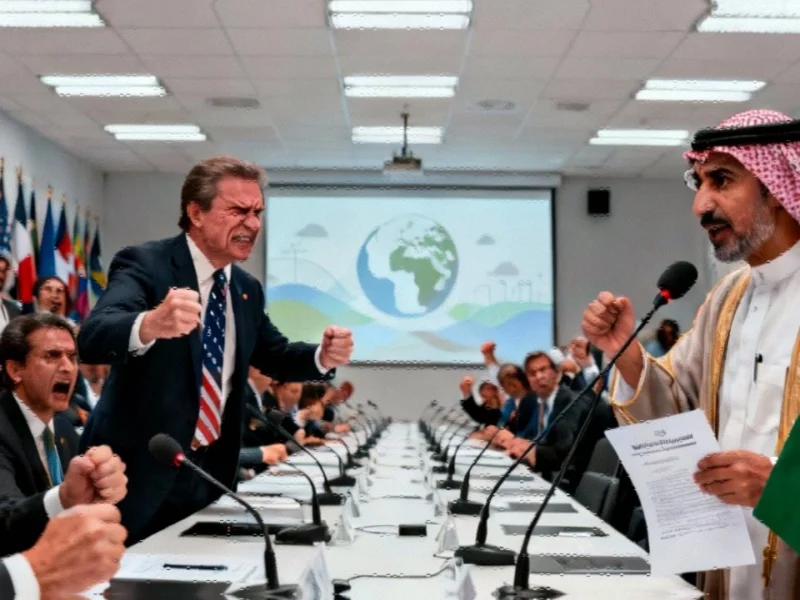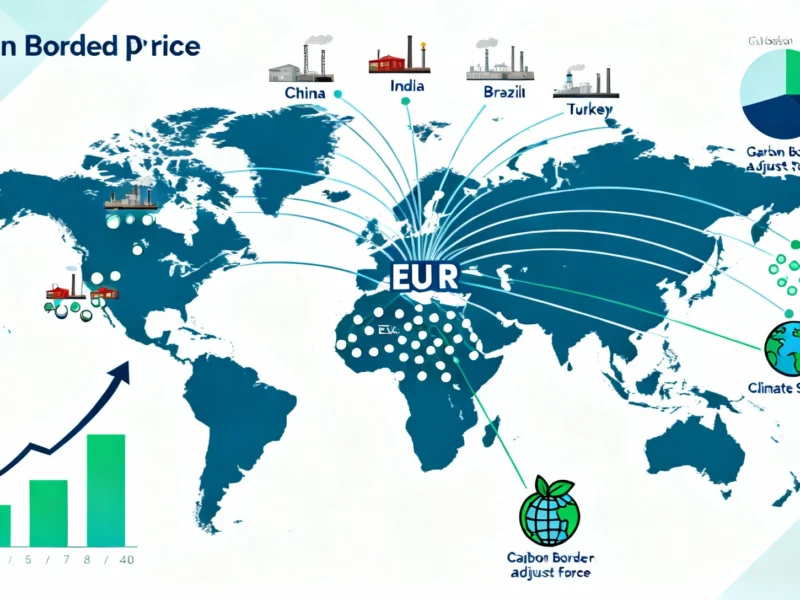A landmark climate agreement for the global shipping industry has been postponed following contentious negotiations at the International Maritime Organization. The delay comes after the US and allied nations applied pressure to block the proposed carbon levy, drawing criticism from climate-vulnerable countries and industry representatives.
Shipping Emissions Agreement Derailed
A United Nations-backed climate framework for the global shipping industry has been effectively stalled after a controversial vote to delay adoption for one year, according to reports from the International Maritime Organization meetings in London. The Net Zero Framework, which had been provisionally agreed upon by a majority of countries in April, would have established a legally-binding carbon price on shipping emissions starting in 2030.





